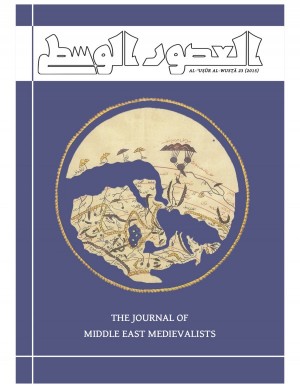Abstract
This essay examines the role of nursing experiences in the formation of popular heroes in Arabic literature of the medieval period, with a primary focus on the genres of siyar shaʿbiyya and qiṣaṣ al-anbiyāʾ. I show that the miraculous nursing of heroes—many of whom are foundlings—in popular texts tends to follow a providential meeting either with an animal or with a woman who is capable of nursing. Though such tale patterns are attested across many cultures, they are also elaborated in specific, linked ways in traditional Muslim sources, as in narratives of Moses’s miraculous nursing and stories of Muḥammad’s wet nurse, Ḥalīma. Whereas prophetic literature often depicts nursing solely as a human-human relationship, the heroic literature incorporates significant human-animal encounters. Using an exemplary anecdote about a hero’s suckling found in manuscripts and early print editions of Sīrat Dhāt al-Himma, I sketch how one such instance can travel and shift across an epic tradition. I interpret the experience of the hero’s foster mother through the lens both of traditional Islamic institutions of milk kinship and of a reading practice that attends closely to women’s presences and agencies in the early lives of (mostly) male literary figures.

This work is licensed under a Creative Commons Attribution-NonCommercial-NoDerivatives 4.0 International License.
Copyright (c) 2020 Rachel Schine

